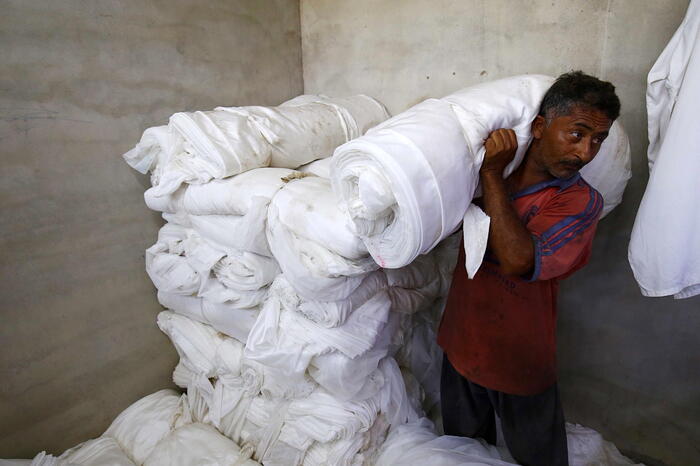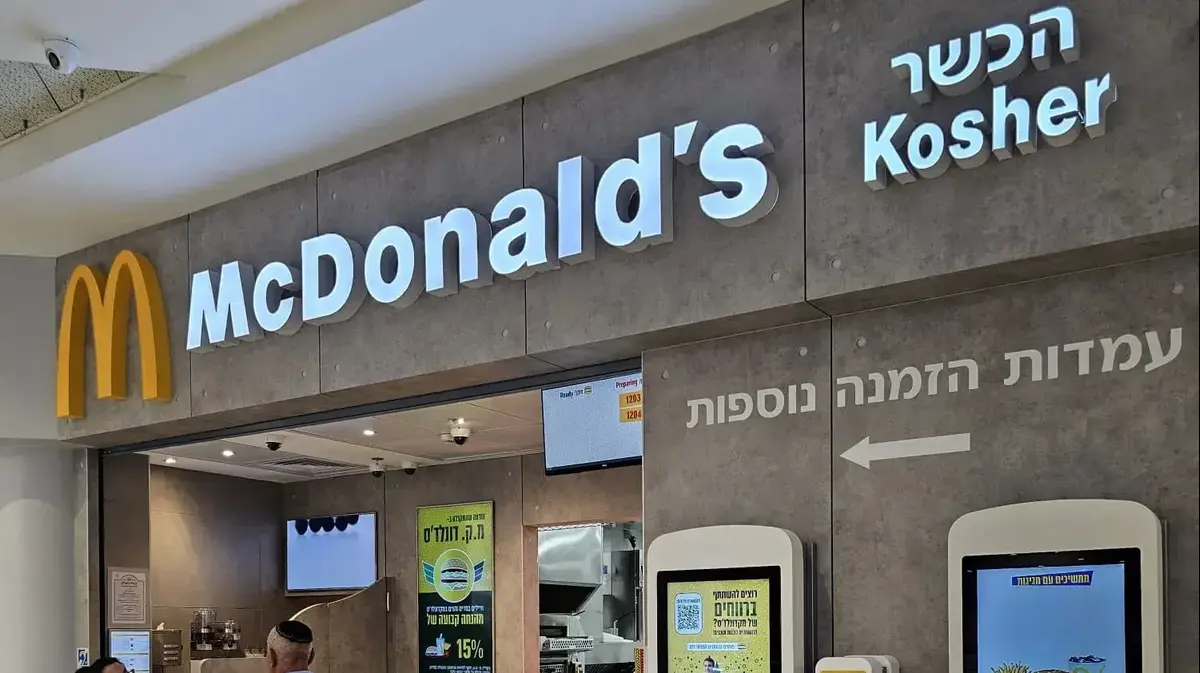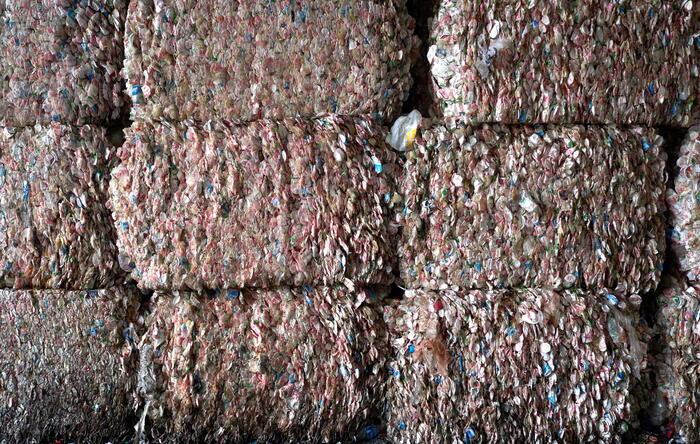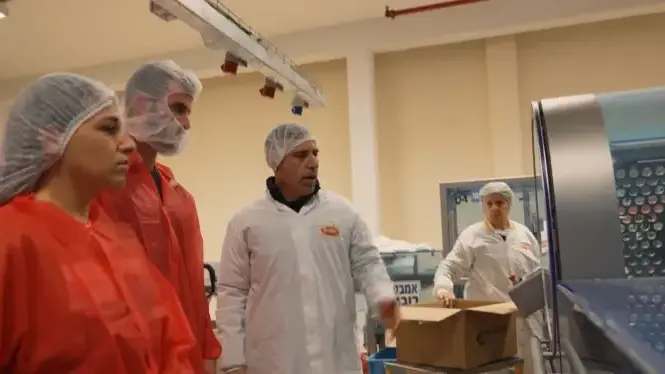Ajay Banga said in a speech to recent graduates that when he finished his studies he had no definite vocation: "I had no idea what I was going to do with my life, apart from joining the great global company Nestlé. That was my big plan: to work for someone good, to work with someone global." That Nestlé fellow has become the new president of the World Bank this week. His experience in several multinationals, especially his time as CEO of Mastercard, gives him a global experience that fits perfectly in his new role.
Banga was born in November 1959 to a Sikh family in Pune, India, where his father, an army officer, was stationed. His family is originally from Jalandhar in the Punjab. He graduated with honors in Economics from St. Stephen's College in Delhi, and subsequently obtained a postgraduate degree from the country's leading business school.
He began his career in 1981 at Nestlé, where he joined as an intern in the commercial area and held different positions for 13 years, until he was joined by PepsiCo, where he was instrumental in launching its fast food franchises, such as Pizza Hut and KFC, in India as the economy liberalized. In 1996 he joined Citigroup. With this financial institution he arrived in the United States and acquired U.S. citizenship in 2007. He moved to Mastercard in 2009 and, the following year, became the first executive of the payment company.
At Mastercard, he bet decisively on emerging markets, especially Asia. He transformed the company. During his tenure, Banga tripled revenue, sextupled profits and increased market capitalization from less than $30 billion to more than $000 billion.
"The world is becoming smaller and more interdependent, which makes leadership and the development of a sense of globality more important than ever," Banga argued in the book A leader listens, where he collects his leadership philosophy.
For Banga, in today's fast-moving world and shorter innovation cycles, there is no room for procrastination, but a sense of urgency. But in his opinion, the urgency to make decisions and execute them is not contradictory to the patience to listen to everyone. The new president of the World Bank is in favor of taking calculated risks, not waiting for perfect information, which is rarely possible to achieve. He also advocates "being competitively paranoid." Not to have fears, but to be constantly wondering if something escapes him, to question everything.
In addition, Banga believes that the leader must develop a global vision and bet on diversity. "A group of similar people tend to think similarly, reach similar conclusions, and have similar blind spots. To avoid this, we must take advantage of the collective uniqueness of those around us to expand our field of vision, to see things differently, to fail more, to innovate and to question everything. Broadening that field of vision means broadening your view of the world."
Experience running an organization as global as Mastercard prepares him for his tenure at the helm of the World Bank, according to Homi Kharas, a senior fellow at the Center for Sustainable Development at the Brookings think tank in Washington. In a recent remarks, Kharas also highlighted that halfway through his decade-long tenure at Mastercard, Banga created a center for inclusive and sustainable growth. "That's what the World Bank is supposed to be about. So many of the issues and issues, the substance of the debate, will not be alien to you. In reality they will be things that touch his heart. He came to it and put something into practice in 2014, long before much of these issues became fashionable in development circles. So chances are they're initiatives you really believe in," Kharas said.
The highest form of leadership, according to Banga, is "doing well and doing good," the idea that one's success is tied to the success of others. "You're only alone at the top when you don't take other people with you," he says.
After being nominated by President Joe Biden for the position in February, he was appointed a month ago and has replaced David Malpass, appointed by Donald Trump, who did not believe much in climate change and the energy transition and has ceased early. Banga once served with President Barack Obama on an advisory council, has worked on several initiatives with Vice President Kamala Harris and has a good relationship with Treasury Secretary Janet Yellen.
Although this is an unwritten law, traditionally a European takes over as managing director of the International Monetary Fund (IMF), while an American presides over the World Bank, which lends its funds mainly to developing countries. The United States is the largest shareholder of the World Bank.
Biden said Banga will be "a transformative leader who will bring expertise, experience and innovation to the role." "Together with the World Bank's management and shareholders, he will help lead the institution as it evolves and expands to address global challenges that directly affect its core mission of poverty reduction, including climate change." The president also stressed that the profile of the new position makes him ideal to promote public-private collaboration in the agency.
According to Kharas, the new president's big challenge will be to make the agency really relevant in many middle-income countries, which have chosen to turn to other sources of funding. "You're going to need to convince people that you need a much bigger World Bank. By much bigger, I'm talking about three times, five times. I don't know the exact size, but many multiples of what the World Bank is today. And to expand it and bring not only the World Bank's own financial power and analytical expertise, but also to attract private financing of all kinds, so that the large investments that are going to be necessary for countries to adopt this integrated climate and development program on a large scale and achieve quite decisive transformations can be undertaken." says the Brookings expert.
When Banga told students he didn't know what his life would be like when he became a Nestlé intern, he told them, "Don't stress if you don't have a detailed plan for your life. Anyone can have a good idea or a good plan; What makes it great is the execution." Now, at the World Bank, it's his turn to execute.
Follow all the information of Economy and Business on Facebook and Twitter, or in our weekly newsletter
Subscribe to continue reading
Read without limits
Read more
I'm already a subscriber









/cloudfront-eu-central-1.images.arcpublishing.com/prisa/GX6T7JPQYZMTYR575K7UVIU6V4.jpg)